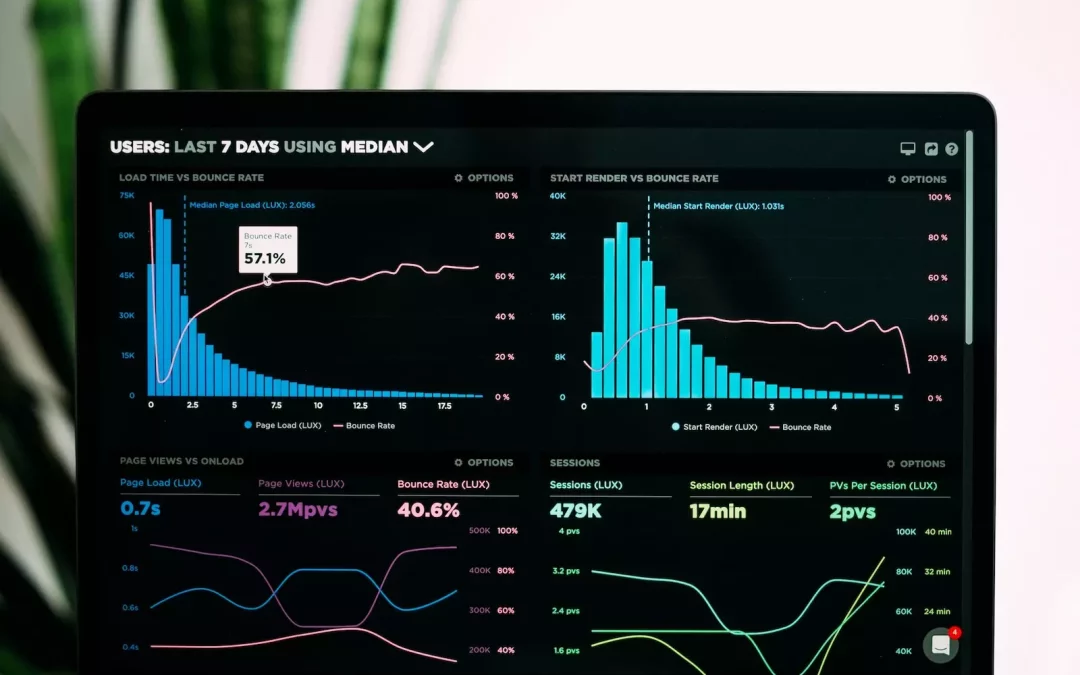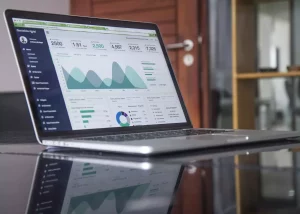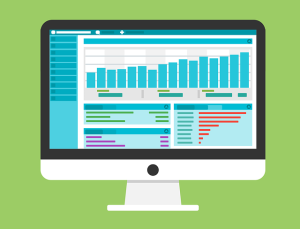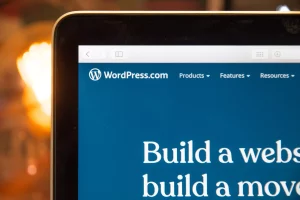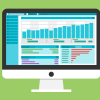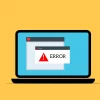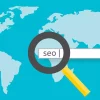Slow websites are one of the factors that cost website owners sales.
Your website visitors are very busy and in a hurry, therefore if it takes too long for your website to load, they will simply leave and you will loose them.
According to some statistics, users will typically give your website no more than 5 seconds to load before just closing the window.
You shouldn’t let that happen as the owner of a website because it will raise your bounce rate (that is how fast a user leaves your website when they land on it).
A website that loads slowly is another factor in a high conversion rate, in addition to a visitor not finding what they are looking for on your page.
If your website is built on WordPress, below are few of the things that can increase your website loading time and what you can do to reduce it and increase your conversions.
Large Images: Large graphics can slow down your website because they take longer to load. To reduce loading times, take into account optimizing photos by lowering their size and using the right file types, such JPEG or PNG.
A website can be substantially slowed down by large, high-resolution photos. Make sure your images are appropriately optimized by resizing them and utilizing the right file formats to increase download speed (such as JPEG for photographs and PNG for graphics).
Unoptimized Codes: Unoptimized code, such as ineffective JavaScript or CSS, might make your website load more slowly. Think about streamlining your code by minifying it and eliminating extraneous components like comments and white space. A caching plugin can help you in solving this problem because they have features that can help you fix your minifying issues.
Too Many Plugins: Using too many plugins or scripts, such as those for social media or analytics, will make your website load slower. Consider limiting the number of plugins and scripts you use and optimizing them to have the least amount of an influence on loading times. If there are plugins that you don’t need, deactivate and delete them from your website.
Poor Hosting Service: Using a slow or overloaded hosting service can slow down a website’s loading time. To make sure that your website loads quickly, take into account using a reputable hosting service with reliable uptime and efficient servers. Good hosting will cost more than poor hosting, so don’t compromise on cost when choosing a hosting platform.
Slow Internet Connection: Website loading speed may be impacted by a poor network connection, such as a slow internet connection or a crowded network. In order to speed up loading times for consumers with sluggish connections, think about optimizing your website for mobile devices and utilizing a content delivery network (CDN).
Uncompressed Files: Uncompressed files, such CSS and JavaScript, might slow down your website by taking longer to load. To reduce their size and speed up download, think about compressing these files using programs like Gzip.
Redirects: Your website may load more slowly if you use too many redirects to redirect users from one URL to another. To reduce the impact they have on loading times, consider reducing the number of redirects you have or consider optimizing them.
Caching: Caching refers to the process of storing frequently-used data in memory, so that it can be quickly accessed the next time it is needed. Implementing caching can greatly improve the speed at which a website loads. There are many caching plugins you can use to implement caching on your websites.
Too Many Plugins: Using too many plugins or scripts, such as those for social media or analytics, will make your website load slower. Think about limiting the number of plugins and scripts you use and optimizing them to have the least amount of influence on loading times. If there are plugins that you don’t need, deactivate and delete them from your website.
Server Response Time: Server response time is the amount of time it takes for a server to respond to a request made by a website visitor. A slow server response time can affect website loading speed. Consider optimizing your server configuration and using a reputable hosting service to improve server response time.
Minimizing the use of external resources: External resources, such as third-party scripts and fonts, can add significant time to a website’s loading speed. If possible, minimize the use of external resources, or use tools such as asynchronous loading to ensure that they don’t slow down your website.
By addressing these factors, you can improve your website loading speed and provide a better user experience. This can help increase your traffic and conversions and improve search engine rankings.
If you need help with your WordPress Design or Maintenance, feel free to get in touch with me.
I want to help you grow and scale online.

